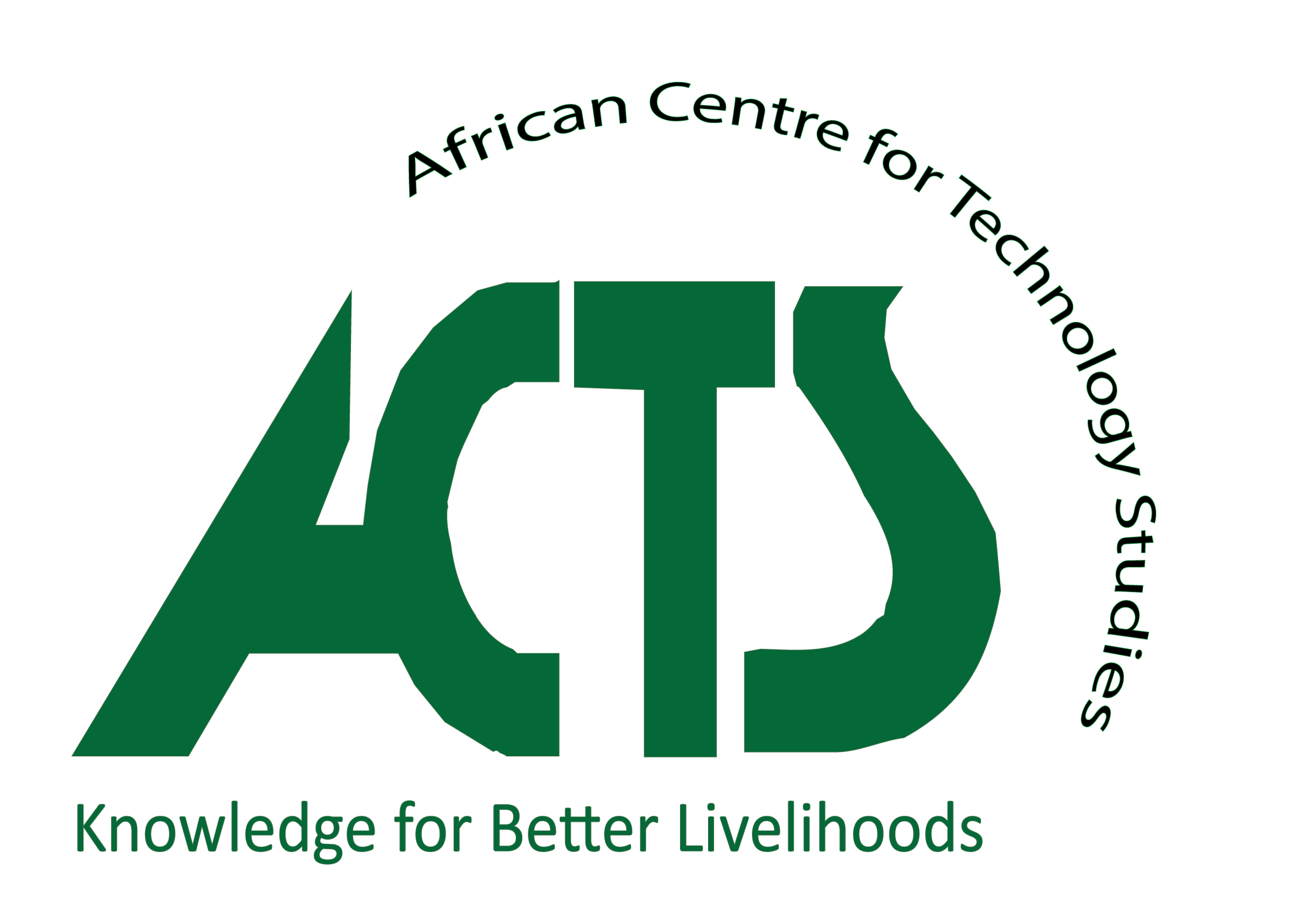By Dr. Joanes Atela, ACTS
In March, researchers, knowledge brokers and funders gathered in Pretoria, South Africa to share lessons and experiences on how a decade of ESRC-DFID research support has impacted on poverty reduction.The Conference came just a few months after the launch Sustainable Development Goals (SDGs).
These goals articulate the value of research and capacity in accelerating growth and poverty reduction especially in regions such as Sub-Saharan Africa where performance in the Millennium Development Goals (MDGs) was relatively dismal.
The three-day conference gathered some interesting perspectives and raised some overarching concerns for the future.
Shaping the research process to achieve impact
In all sessions, including the plenary, parallel sessions and workshops, discussions grappled with the question ‘how best can ESRC-DFID research be refocused to achieve positive and sustainable impact, where there are multiple actors and interests at play?’ (i.e. governments, local communities, the private sector etc.).
What came out, were that the components of the research process itself, are integral to achieving impact. When we refer to these processes, we are talking about the point where you design the project, thinking about the target audience; stakeholder consultations and negotiations; North-South collaborations and disseminating research, amongst others. All of these, on some level, contribute to increasing and accelerating research impacts.
A number of experiences shared during the conference revealed that these processes in most cases involved redefining the research design to account for the diverse circumstances of target users of the research. A case in point can be drawn from the research project on tackling child nutrition and health through community-led interventions, as discussed by Mary Amuyunzu-Nyamongo from the African Institute for Health and Development. Here researchers initially worked with health committees made of government and NGO representatives in the Kenyan informal settlement to develop action plans but resulting plans largely replicated existing provisions with little transformative value. Subsequently, the shape of the committee was changed to include midwives, young health workers with practical experiences that could inform the government’s work. Many other cases on capacity building, agricultural commercialisation also had to redefine their research processes to deliver impacts. In most cases, however, the process of redefining research is incredibly challenging and is invariably faced with the prevailing political settings.
How can we produce relevant research that truly translates into impact?
In a majority of cases, it is the political settings, where research projects take place that transcend both donors and government institutional arrangements and expectations. These arrangements sometimes confine research outputs to narrow project plans and timelines, yet some projects reported that potentially useful outputs that were deemed to be ‘outside’ project plans could not be pursued further because they were not part of the original plans and result frameworks submitted to funders.
However, even when useful outputs are produced from the redefined research designs, it was not clear how these outputs translated into tangible impacts e.g. improved access to water or clean energy for particular communities, changes in legislations etc. So the question remains, when we reshape our research process to produce relevant outputs, how can we then ensure that they are translated into impact?
This perhaps indicates that redefining research processes is a necessary step in producing relevant outputs but not sufficient to translate research into tangible impact. This means going beyond simply presenting evidence through policy briefs, discussion or working papers, but pursuing appropriate platforms and processes that pull people in, and enable them to use the research evidence. This will mean repackaging evidence in diverse and more inclusive forms that can be understood by different individuals, groups and communities. In doing so, the ESRC-DFID research stands a greater chance of not just remaining a scholarly pursuit but a development pursuit. The next ten years should go beyond emphasis on ‘evidence for policies’ or ‘rigorous methodologies’, and go further to include the intrinsic questions such as evidence for what and for whom.
Understanding the messy processes for research impact
Evidently, based on the insights and lessons shared at the ESRC-DFID Impact Conference, there are many platforms and processes that could be used to achieve greater impact. In looking at where projects and initiatives have been successful in having an impact, there is no doubt that it will inevitably be a messy process. This is something that needs to be recognised by researchers and donors alike. For example, having the patience to engage political systems and deploy research diplomacy to negotiate between competing interests, is something that researchers often lack the patience and perhaps resources to pursue. Yet in cases where researchers have engaged in this way, the rewards have been enormous.
In particular, the STEPS Pathways to Sustainability Global Consortium links the STEPS Centre and similarly-oriented research Centres across the world. It brings together six regional Sustainability Hubs (I am part of the Africa Sustainability Hub) with longstanding partners, strongly grounded in research and founded on equal collaboration among researchers and stakeholders. Each hub brings new perspectives to the challenges of global sustainability. In a crowded global research environment, it is a platform of international, transdisciplinary action-oriented work. It resists the pressure for expedient simplification, whilst maintaining a strong focus on practical responses – including the development of new concepts, tools and methods.
To me, the approach of the Global Consortium is the direction we need to take research. Researchers, knowledge brokers and donors in the DFID-ESRC projects and elsewhere, will need to move from their scholarly comfort zones to engage more actively with complex socio-political systems because doing so has more value to the society we live in, and actually contributes to the extremely ambitious SDGs.


